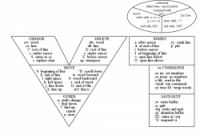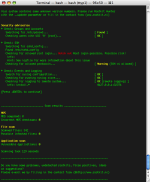AWStats PreRequisites:
Since AWStats is a web server log file analyzer, the first prerequisite is a fully functional web server. In our case, it is Apache 2.4 on a FreeBSD 10 Server. Additionally, the web server should have the cgi_module loaded. Also, if geographical data is desired, then the additional port – p5-geo-ip is required. Continue reading “AWStats on FreeBSD”






